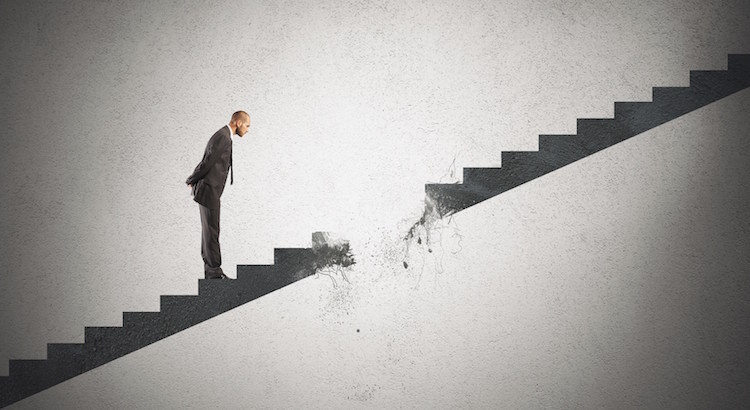The Dangerous Trend of Heroin Abuse

According to the National Institute on Drug Abuse, the harmful health effects of prescription pain reliever abuse have dramatically increased over recent years. Unintentional poisoning deaths caused by these opioids quadrupled from 1999 to 2010.
This growing trend is especially troubling considering the large number of people who abuse these medications and then switch to heroin abuse. In fact, nearly half of young people who inject heroin surveyed in three recent studies reported abusing prescription pain relievers before switching to heroin.
Why Heroin
For many of these people, the switch from abusing prescription painkillers to heroin instead is fueled by economic reasons. While a single prescription pain pill can cost $20 to $60, a bag of heroin only costs $3 to $10 a bag. “Heroin provides a similar high as prescription opioids. They are central nervous system depressants, deadening what you are feeling, so you are in a drugged-out state,” says Nathaniel Rickles, PharmD, PhD, an associate professor of Pharmacy Practice and Administration at the Northeastern University School of Pharmacy in Boston.
States are also cracking down on people trying to obtain prescription pain reliever medication illegally by adding challenges such as implementing monitoring systems that tracking where and how often prescriptions are filled. Some experts believe that the increase in heroin abuse could be related to the difficulties that exist in obtaining prescription painkillers.
Heroin’s Dangerous Effects
Heroin is a highly addictive, illegal drug with short-term effects that include slowed breathing, clouded mental functioning, nausea, vomiting, hypothermia and death. If heroin abuse is continued, the drug can cause permanent damage to the body.
For instance, frequent injections can cause collapsed veins and lead to infections of the blood vessels and heart valves. Tuberculosis may also result from a general poor condition of the body. According to experts, other long-term effects of heroin abuse include weakening of the immune system, bad teeth, loss of memory and intellectual performance, partial paralysis, pustules on the face, and coma.
Over recent years, the image of a listless young heroin addict collapsed in a dark alley has become obsolete. Because the drug is available in various forms that are more affordable and easier to consume, heroin has become more tempting than ever.
Understanding the negative ramifications that can come from heroin abuse can help your or a loved one stop the cycle of abuse. With proper treatment and support, recovery is possible.
By Jenna Mitchell
Article Categories
- 12 Steps
- Addiction in the Family
- Addiction Infographics
- Alcohol Addiction
- Articles
- Drug Addictions
- Drug Rehab Center News
- Helpful Articles
- Holidays & Substance Abuse
- Mental Health & Addiction
- Real Life Addiction Stories
- Recovery Testimonials
- Relapse Prevention
- Substance Abuse Prevention
